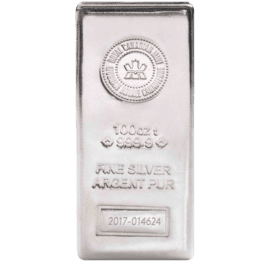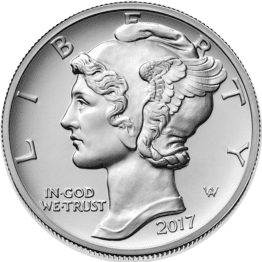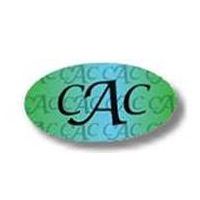Market volatility is an alarming trend in the stock market since the beginning of the COVID-19 pandemic. With near record-high unemployment, sky-high stock valuations, and relative uncertainty surrounding global markets and the upcoming presidential election, even experts aren’t sure how the markets will react.
But that’s what makes bullion and precious metal investments so alluring. With the ability to gain wealth, hedge against higher-risk investments and inflation, and protect your portfolio, bullion and precious metals provide a bit of certainty in an otherwise certain world. If you’re still apprehensive about an investment, here are some common questions about putting your money in this intriguing hybrid commodity/currency.
Common questions we get asked at London Coin Galleries when customers want to buy precious metals and bullion in Orange County.
What Types of Precious Metals Can I Invest in?
Investors trade precious metals in a variety of ways. But as far as types of metals, you typically have four choices:
- Gold (most popular)
- Silver
- Palladium
- Platinum
The more direct issue of investing in precious metals is how you take possession of the investment. This is a far more confusing question, but how you choose to invest in metals will make a difference on your returns and ease of investing. The most popular ways to invest in precious metals and bullion include:
- Exchange-Traded Funds (ETFs): Precious metal ETFs are baskets of securities that track the value of precious metals. Traded on stock exchanges, these ETFs include popular options traded under stock tickers such as GLD (gold), SLV (silver), and PPLT (platinum).
- Physical coins and bars.
- Jewelry
- Mining equities: Mining equities are publicly traded stocks of companies engaged in mining or trading of precious metals
Should I Choose Precious Metal ETFs or Physical Bullion?
By far the two most popular ways to invest in precious metals and physical bullion are through ETFs or taking physical possession of the bullion. Both have pros and cons.
ETFs are attractive because they don’t require you to take possession of the precious metal. While this may seem counterintuitive, not having to store the bullion can save you on costs. But in an ETF, investors have no actual claim to the precious metals, meaning you can’t take possession of the metal when you sell, taking only a monetary profit instead.
If you decide to purchase physical bullion or precious metals, the upside is that you own it. This allows you to store it outside of any financial system, reducing the risk you would have if a precious metal ETF declined sharply. For multiple decades we have been the coin and bullion dealer of choice in Orange County. If you’re looking to buy or sell coins, bullion or precious metal of any size bars, contact us in Newport Beach for a quote.
We take pride in being the numismatic expert in Orange County. We’ve helped many customers sell and buy precious metals at the best value possible. We put our experience to work for you.
Do I Owe Any Taxes on Bullion or Precious Metals?
Perhaps the greatest downside to owning physical bullion or precious metals is the tax rate. When bullion is sold after one year of holding, it’s taxed at a rate up to 28% upon selling; if held less than a year, it’s taxed at the same rate as ordinary income (or your tax bracket).
It’s best to consult with your tax accountant to get more information relating to the various tax brackets relating to precious metals.
Every investment comes with risk. But with lower volatility and greater security compared to other investments, precious metals are a key strategy to portfolio diversification and building wealth. If you have any questions, ready to buy or sell precious metals in any form, we’re here to help you. Contact us to schedule an appointment in Newport Beach or complete your transaction safely online while we navigate through the covid-19 pandemic.









